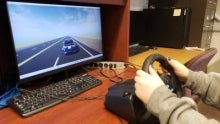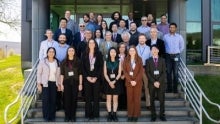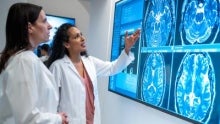RPI To Host NORDTECH Workforce Development Summit
On July 18, Rensselaer Polytechnic Institute (RPI) and NORDTECH will host a day-long Workforce Development Summit on the RPI campus that will bring together government, industry, nonprofits, and academic partners to address education and workforce development in chips and semiconductors critical to the prosperity and security of the nation.








